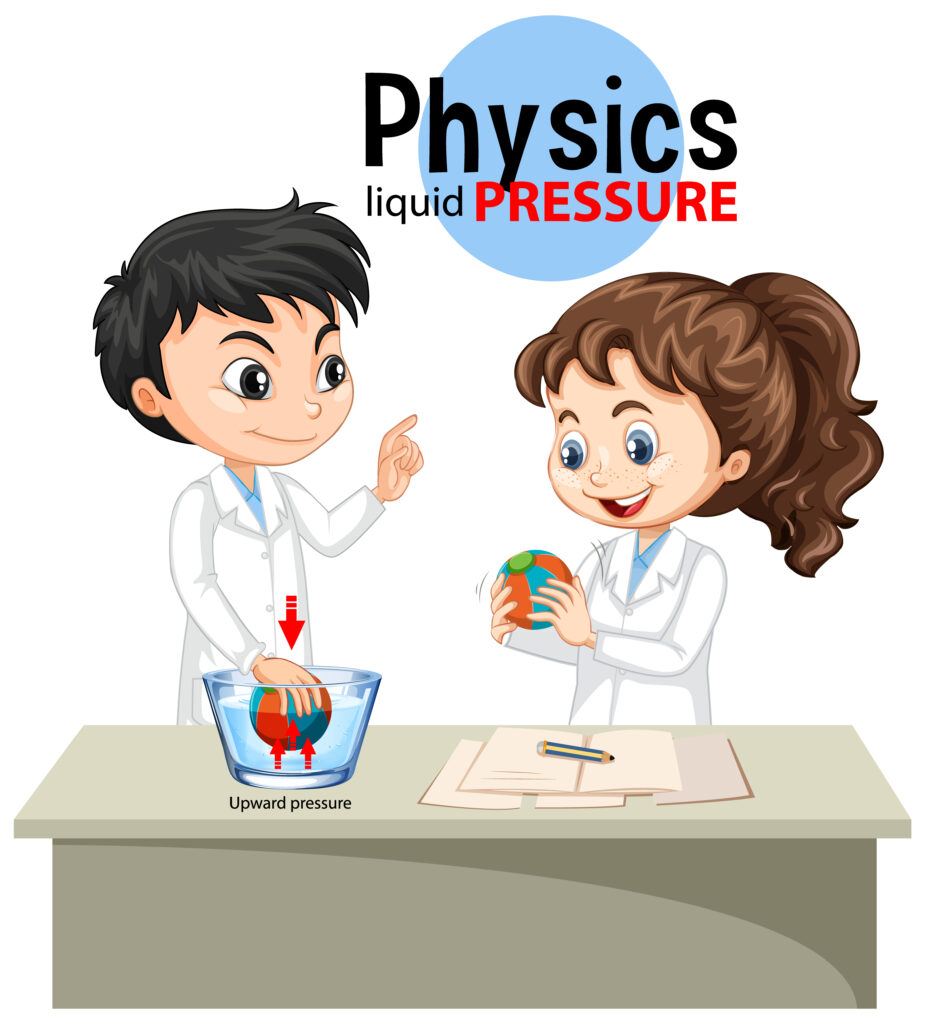Physics and Mathematics depend on each other. So, understanding mathematics makes it easier to understand physics. Understanding the calculus makes it easy to understand the experiment derivation of physics. Study Mathematics to understand Physics
Use of mathematics in physics

Focus on Basic Mathematics like Algebra, Geometry, and Arithmetic’s.
when you understand the Basic mathematics then,
Focus on differentiation, Integration and Limitation Which is maximumly used in Physics.
After that Focus on Trigonometry, Which is one of the hardest subject in math but if you understand the trick it is easy to learn and understand.
. Understanding Motion and Mechanics
Thermodynamics and statistical Physics
Math is crucial in understanding heat, energy, and particle systems

Physicsmath problem
How you are perfect in Physics and Mathematics?

Always be Logical in everything and be practical.
Always question yourself why this thing happen and how it happen.
It is important to understand how the thing is creating
Example: When you walk in a road and you saw new thing then analysis that thing and understand about that and how it create and what its important. It is the biggest practice to learn physics and its make also your mind creative and curious on new things.
Why Study Mathematical Physics?
- Develops a deeper understanding of physical theories.
- Bridges abstract mathematics with practical physical insights.
- Provides tools to solve complex real-world problems.
differences of Physics and mathematics
Physics
Physics is a natural science that helps to understand the law of nature.
It explains how the world and Universe are created.
It explains the motion, energy, force, and matter
Mathematics
Mathematics explains the object’s shape structure and patterns.
It develops theoretical exploration.
Top 20 College in World for Physics and Mathematics
There are excellent programs in both experimental and theoretical physics offered by numerous universities worldwide. The following list of the top universities with physics programs is based on faculty expertise, research output, academic prestige, and contributions to the field:

1. Massachusetts Institute of Technology (MIT) – USA
4. California Institute of Technology (Caltech) – USA
6. University of Cambridge – UK
7. University of Oxford – UK
8. Swiss Federal Institute of Technology (ETH Zurich) – Switzerland
9. University of California, Berkeley – USA
10. University of Chicago – USA
11. Imperial College London – UK
12. University of Tokyo – Japan
13. ETH Zurich – Switzerland
14. University of California, Santa Barbara (UCSB) – USA
15. Kavli Institute for Theoretical Physics (KITP) – UCSB – USA
16. University of California, Los Angeles (UCLA) – USA
17. University of Heidelberg – Germany
18. Princeton University – USA
19. University of Leiden – Netherlands
Summary
In conclusion, given their close ties, mathematics and physics have different goals and methods. While mathematics is an abstract study that offers the tools and conceptual structure required to describe, analyze, and solve problems in both theoretical and physical contexts, physics is a scientific discipline that focuses on understanding the physical world via observation and experimentation. Together, they serve as the foundations of scientific advancement, with physics pushing the creation of new mathematical ideas and methods and mathematics assisting physicists in expressing and resolving issues.
Whether you’re interested in theoretical physics, quantum mechanics, particle physics, or astrophysics, these schools provide an environment conducive to groundbreaking research and academic success.